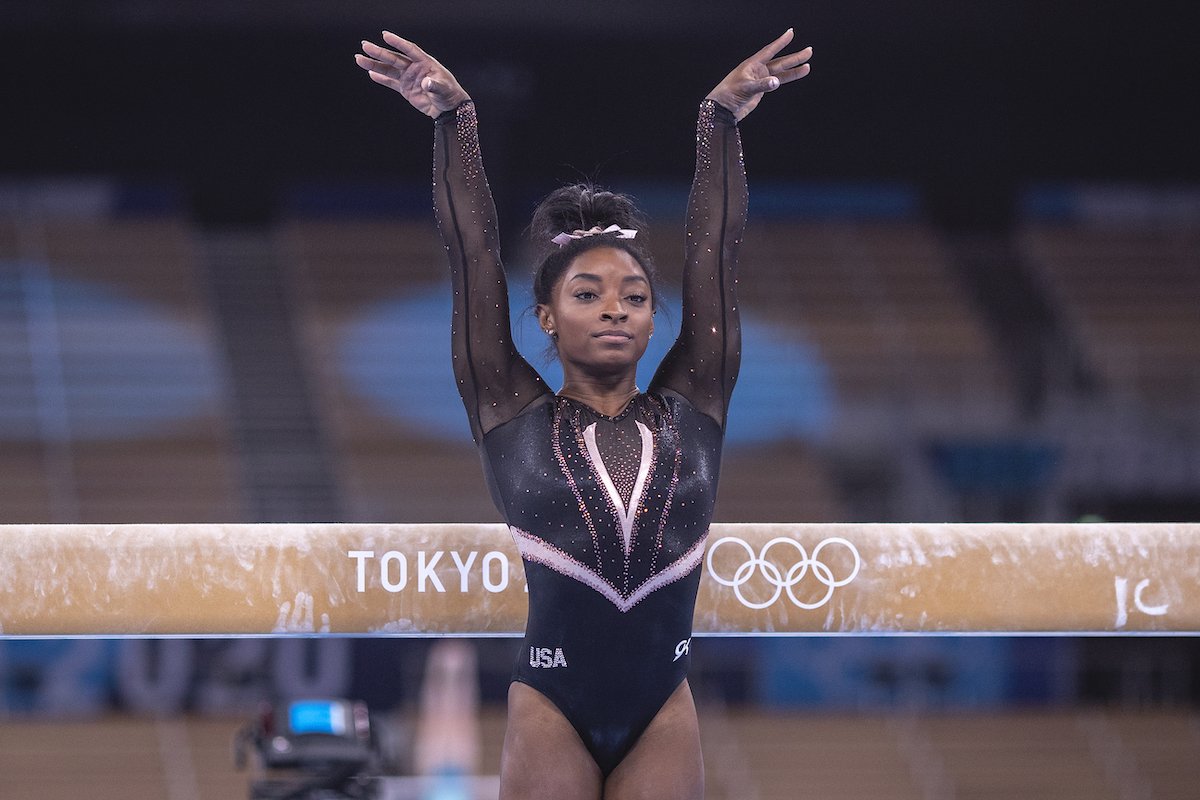Mental Health Takes Top Role at 2020 Olympics
Speaking at the 138th International Olympic Committee Session in Tokyo recently, World Health Organization Director-General Dr. Tedros Adhanom Ghebreyesus referenced an overarching goal of the Olympics, far beyond any single athletic event.
“More than any other event, the Olympics have the power to bring the world together; to inspire; to show what is possible,” he said. “And more than any other event, they command the attention of the world’s people.”

During his opening speech of the session, IOC President Thomas Bach said, “Solidarity is at the heart of everything we do. Solidarity fuels our mission to make the world a better place through sport. Because we can only go faster, we can only aim higher, we can only become stronger, if we stand together-in solidarity. Strengthening solidarity in this way also helps us to accomplish our 3,000-year-old mission to contribute to peace through sport. Without solidarity, there is no peace.”
This is all fine and well.
But the 2021 Summer Olympics in Tokyo are likely to be remembered for something completely different than anything noted by these two global officials—mental health.
That’s because on July 27 the woman considered to be the greatest gymnast ever stepped off the world’s biggest athletic stage to address her mental health. In one moment, Simone Biles single-handedly altered the trajectory of the national, and international discussions on mental health; she placed it under the global spotlight; and she forced us all to look at it through a lens that accounts for race, gender and age.
According to National Public Radio, Biles withdrew from the Olympic Gymnastics Women’s Team Final because she was “shaking” before the event and realized that the “mental's not there." Biles also withdrew from the individual all-around competition.
According to an NPR transcript of Biles speaking at a news conference that followed the team event, where the U.S. women’s gymnastics team won the silver medal, she said:
“I say put mental health first. Because if you don't, then you're not going to enjoy your sport and you're not going to succeed as much as you want to. So it's OK sometimes to even sit out the big competitions to focus on yourself, because it shows how strong of a competitor and person that you really are—rather than just battle through it.”
Biles said she was inspired to focus on her mental health by her fellow Olympian, tennis star Naomi Osaka. According to CBSNews.com, “Osaka skipped Wimbledon and withdrew from the French Open after she was fined $15,000 and threatened with suspension for her refusal to appear at a tournament press conference.”
In an essay for Time, Osaka wrote:
“I needed to miss French Open press conferences to take care of myself mentally;...It has become apparent to me that literally everyone either suffers from issues related to their mental health or knows someone who does;...I communicated that I wanted to skip press conferences...to exercise self-care and preservation of my mental health. I stand by that. Athletes are humans.
“...I always try to push myself to speak up for what I believe to be right, but that often comes at a cost of great anxiety. I feel uncomfortable being the spokesperson or face of athlete mental health as it’s still so new to me and I don’t have all the answers. I do hope that people can relate and understand it’s O.K. to not be O.K., and it’s O.K. to talk about it. There are people who can help, and there is usually light at the end of any tunnel. (U.S. Olympic gold medal swimmer) Michael Phelps told me that by speaking up I may have saved a life. If that’s true, then it was all worth it.”
Biles through her withdrawal from the Olympics generated headlines that illustrate how she is now directing the national discussion on mental health. These headlines include:
- "OK not to be OK’: Mental health takes top role at Olympics” from the Associated Press.
- “Sponsors laud Simone Biles for prioritizing mental health” from ESPN.com.
- “Simone Biles Now Realizes She's More Than Her Gymnastics Accomplishments” from NPR.
Mental health awareness also maintains a deep presence on the official Olympics website, where visitors are greeted with the messages: “Mental health matters: helping athletes to stay mentally fit” and “With the Olympic Games Tokyo 2020 well underway, the International Olympic Committee (IOC) is emphasising the need to support athletes’ well-being and highlighting the importance of protecting their mental health.”
Perhaps Olympians like Simone Biles and Naomi Osaka are showing that the world’s greatest athletes are truly great because of what they do and say outside of competition, while reflecting on their emotional needs as human beings.
VCS - 3rd Annual Puentes
An evening filled with good music, food, drinks, & dancing all in celebration of PUENTES, which provides VCS programs and services to the Spanish Speaking community!
